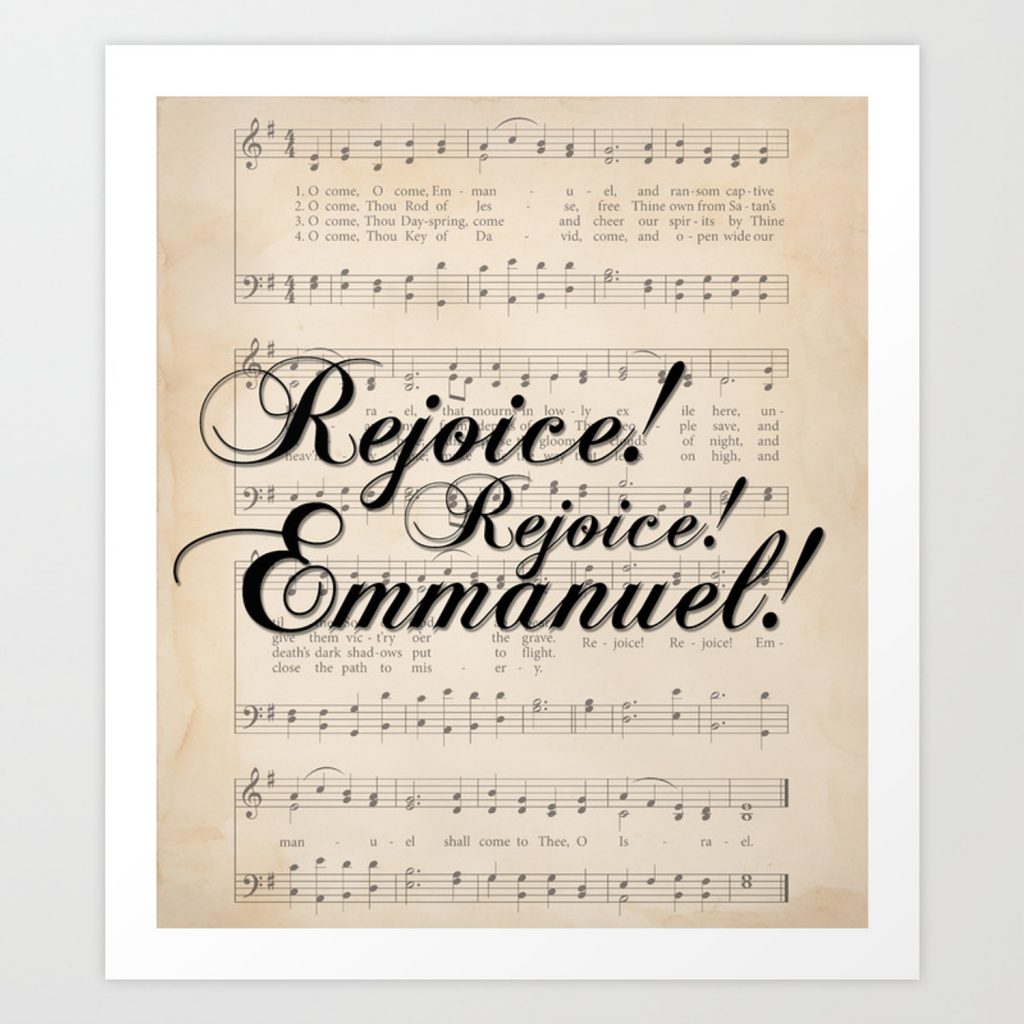Freedom!
From the end of Britney Spears’ 13 year’s conservatorship to the so-called ‘freedom rallies’ in our major cities, freedom is certainly on the front page! So what does freedom look like to you? Is it the chance to have family or friends over to your home again or to go to dinner at your favourite restaurant? Is it to finally make plans to travel interstate or even internationally? Does freedom mean to go for a walk, or to sing in church mask free? As we savour the sweet taste of freedoms denied us over the past 18 months, we are perhaps led to reflect on the nature of true freedom and to realise just how precious and fragile is that gift.
God of course is in the freedom business. In his homecoming sermon in Nazareth, Jesus announces that he fulfils Isaiah’s prophecy, of the Spirit-filled Messiah who has come to proclaim good news to the poor, to bind up the broken-hearted, to proclaim freedom for the captives and release from darkness for the prisoners. (Is 61:1) This is a freedom not won by politics, mandates or restrictions. Rather, it is through the One who in ‘becoming flesh’ (Jn 1:14), breaches the social and spiritual distance between us and God. On the cross, Jesus takes the virus of sin into himself, suffering the full effects of its impact so that he might share his life-giving ‘vaccine’ of forgiveness. And because the Son sets us free, we are free indeed! (Jn 8:36)
‘It is for freedom that Christ has set us free” (Gal. 5:1). Freedom from is also freedom for. In his ground-breaking treatise ‘On the Freedom of a Christian (1520)’, Martin Luther begins with the paradoxical statement;
A Christian is an utterly free person, lord of all, subject to none.
A Christian is an utterly dutiful person, servant of all, subject to all.
This paradox is resolved in Jesus, who is both Lord and Servant, and lived out in practical ways as we live out his gift of freedom in the world. As Luther goes on to say; “Christian individuals do not live in themselves but in Christ and their neighbour, or else they are not Christian. They live in Christ through faith and in the neighbour through love.” This is a freedom with no thought for individual ‘rights’, but only faith active in love.
And so we begin our Advent journey with a hope-filled longing for freedom and pray:

O come, O come, Emmanuel
And ransom captive Israel
That mourns in lonely exile here
Until the Son of God appears
Rejoice! Rejoice! Emmanuel
Shall come to thee, O Israel.
Pr David Spike
Learning Leader: Formation
